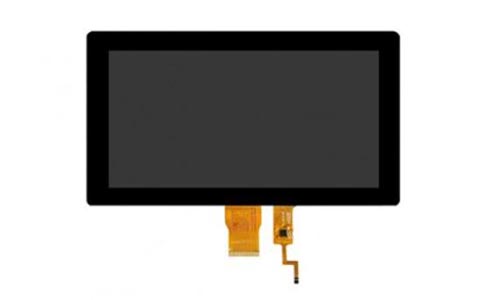How do I setup my Android touch screen?
Views: 202 Update date: Oct 31,2024
To set up your Android touchscreen, follow these general steps:
1. Power on your device:
Press and hold the power button until the screen turns on.
2. Initial setup wizard:
When you first turn on a new Android device, it will guide you through a setup wizard. Follow the on-screen instructions.
3. Language selection:
Choose your preferred language.
4. Connect to Wi-Fi:
Select your Wi-Fi network and enter the password.
5. Google Account:
Set up a screen lock method (PIN, pattern, or fingerprint) to secure your device.
7. Additional settings:
You may be prompted to set up other features like Google Assistant or restore data from a backup.
8. Customize your home screen:
Once setup is complete, you can arrange app icons and widgets on your home screen.
9. Update your device:
Go to Settings > System > System update to check for and install any available updates.
10. Calibrate the touchscreen:
If you experience issues with touch sensitivity, you may need to calibrate the screen. This option is usually found in Settings > Display or Settings > System > Developer options.
Remember that the exact steps may vary slightly depending on your device's manufacturer and Android version. If you encounter any specific issues, consult your device's user manual or the manufacturer's support website.
1. Power on your device:
Press and hold the power button until the screen turns on.
2. Initial setup wizard:
When you first turn on a new Android device, it will guide you through a setup wizard. Follow the on-screen instructions.
3. Language selection:
Choose your preferred language.
4. Connect to Wi-Fi:
Select your Wi-Fi network and enter the password.
5. Google Account:
Sign in with your Google account or create a new one. This is important for accessing the Play Store and other Google services.
Set up a screen lock method (PIN, pattern, or fingerprint) to secure your device.
7. Additional settings:
You may be prompted to set up other features like Google Assistant or restore data from a backup.
8. Customize your home screen:
Once setup is complete, you can arrange app icons and widgets on your home screen.
9. Update your device:
Go to Settings > System > System update to check for and install any available updates.
10. Calibrate the touchscreen:
If you experience issues with touch sensitivity, you may need to calibrate the screen. This option is usually found in Settings > Display or Settings > System > Developer options.
Remember that the exact steps may vary slightly depending on your device's manufacturer and Android version. If you encounter any specific issues, consult your device's user manual or the manufacturer's support website.




